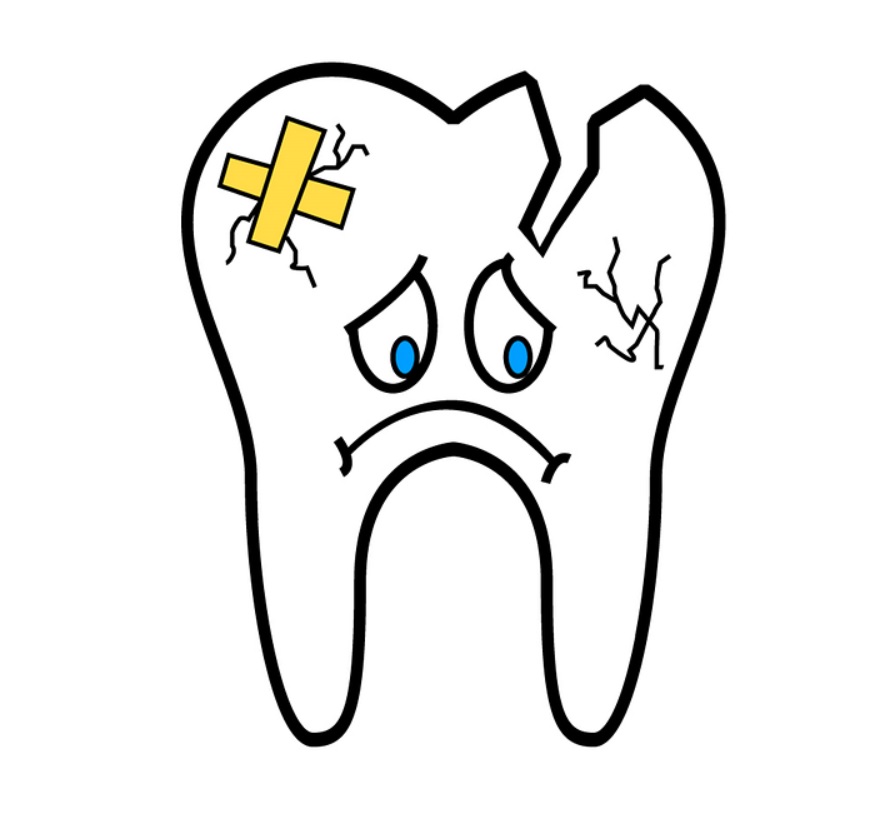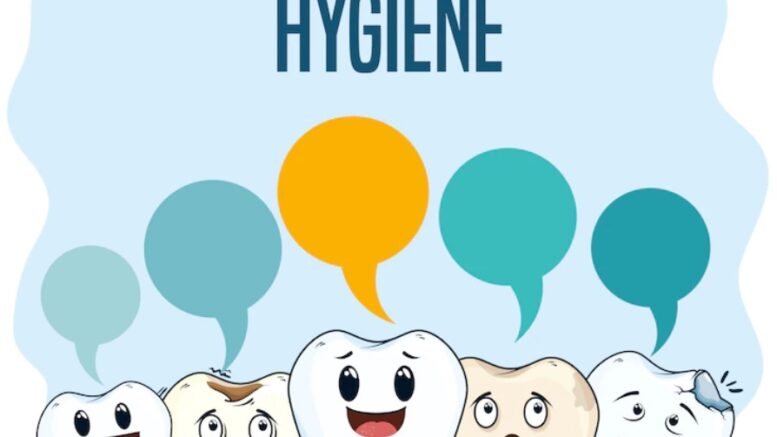Oral hygiene is keeping one’s mouth clean and free of disease and other problems (including bad breath) by regular brushing and cleaning between the teeth. It is important because the mouth is a major gateway to the rest of the body and oral health problems can affect overall health.
Maintaining oral hygiene can also be a challenge for some people, particularly those with disabilities because they may have difficulty reaching all parts of their mouth or may not be able to brush their teeth effectively.
These days cavities and tooth decays are common complaints. It is because of the change in dietary habits and the type of food we eat. The cure lies in essential oral hygiene. The earlier you start, the better your chances of having a healthy mouth.
Are you sure you are doing everything you can to prevent cavities? To protect your mouth from tooth decay and keep your teeth healthy, here are a few things you need to do.
Dental care products are an important part of oral hygiene and are used to maintain oral health. These products help in preventing cavities, gum disease, and other dental problems. Many dental care products companies also offer dental services. A dentist takes a holistic approach to your oral health. They incorporate safe solutions with the SelenBio Dental range of dental products. Microbial technologies provide a barrier against bacteria and are effective for plaque prevention.
So, let us start our journey by knowing about tooth decay.
Understanding Tooth Decay
Tooth decay refers to the loss of tooth structure as a result of acidic demineralization, says this reliable dentist in Vienna. The process begins when acids, produced from plaque bacteria and sugars in the mouth begin to break down the hard tooth surfaces. If plaque is not removed, minerals are leached from the tooth enamel, causing it to become porous and susceptible to decay further. The enamel may eventually break down completely, exposing the inner, softer dentin layer to decay.
Few things that can put you at higher risk for tooth decay:
- Smoking or breathing secondhand smoke
- Consuming a lot of sugary food
- Not brushing your teeth regularly
- Not flossing regularly
- Drinking carbonated beverages
- Not getting regular dental checkups and cleanings
Tooth decay is caused by the buildup of plaque, a sticky film of food debris, bacteria, and saliva. Plaque constantly forms on your teeth. If not removed, it can harden and turn into tartar, a more complex substance that is more difficult to remove as it can lead to gum disease and tooth decay.

Types of Tooth Decay
There are three main types of tooth decay, which are:
Pit and Fissure Decay: This type often occurs on the chewing surfaces of the back teeth. The fissures on the chewing surfaces provide a perfect place for plaque to build up. Without adequate brushing and flossing, the plaque will eat away at the tooth enamel, causing decay.
Smooth Surface Decay: This type of decay can occur on any tooth surface, but is often found on the back teeth. The smooth surfaces make it difficult for the bristles of a toothbrush to reach the plaque, allowing it to build up and cause decay.
Root Surface Decay: This type of decay can occur on any tooth surface, but is often found on the back teeth. The smooth surfaces make it difficult for the bristles of a toothbrush to reach the plaque, allowing it to build up and cause decay.
Symptoms of Tooth Decay
The symptoms of tooth decay can depend on how severe the decay is. You may not have any symptoms if it is in the early stages. If the decay is more advanced, you may experience:
- A toothache
- Sensitivity to hot and cold food and drinks like ice creams, etc
- Visible holes in your teeth
- Brown or black spots on your teeth
- Pain when you chew
- Swelling in your gums
- Bad breath
- A foul taste in your mouth
Ways to Prevent Tooth Decay
Despite it being widespread, tooth decay is easily preventable. Following are some ways to prevent tooth decay.
Use Fluoride Toothpaste
Fluoride, in toothpaste, is a mineral that helps to prevent tooth decay by making the tooth enamel more resistant to acid attacks. By using this toothpaste, you can help to reduce your risk of developing cavities as well as other dental problems. It is also helpful in reducing the pain associated with tooth decay. Fluoride toothpaste are prevalently used to help prevent cavities.
Visit the Dentist Regularly
A healthy mouth is a sign of good health. Your mouth is a gateway to your body and can show signs of illness and disease. Regular dental visits can help you identify these problems early on.
It is important to visit the dentist every 6 months for regular cleaning and check-up. This will remove the plaque and tartar that can lead to tooth decay and gum disease. The dentist can also spot any potential problems and treat them before they become serious.
Cut Back on Sugary Drinks and Snacks
Eating a healthy diet is always important for your overall health, including your dental health too. Eating plenty of vegetables and fruits helps you in keeping your teeth and gums healthy. Avoid sugary and acidic foods and drinks, as they can lead to tooth decay.
An excess intake of sugary beverages can cause severe cavities. it is also advisable to avoid chewing tobacco because it can lead to gum disease.
Brush Twice a Day
Brushing your teeth twice a day with a fluoride toothpaste will help remove plaque and bacteria that can lead to tooth decay and gum disease. Make sure you brush all surfaces of your teeth, including the back too.
Flossing your teeth daily will also help remove plaque and bacteria, as it can lead to tooth decay and gum disease. Be sure to floss between all of your teeth, including the back of your teeth.
Don’t Smoke
Smoking is not good for your dental health. It leads to gum diseases and even tooth loss. If you smoke, quit smoking. The presence of nicotine and tar in cigarettes can cause your teeth to become stained. It makes it harder for your gums to fight off infection and increases cancer risk.
If you wear dentures, clean them daily by removing them, brushing them with a soft-bristled brush, and soaking them in a denture cleanser as plaque can build up on dentures and cause gum disease. Be sure to brush your dentures with a soft-bristled brush and non-abrasive toothpaste.
